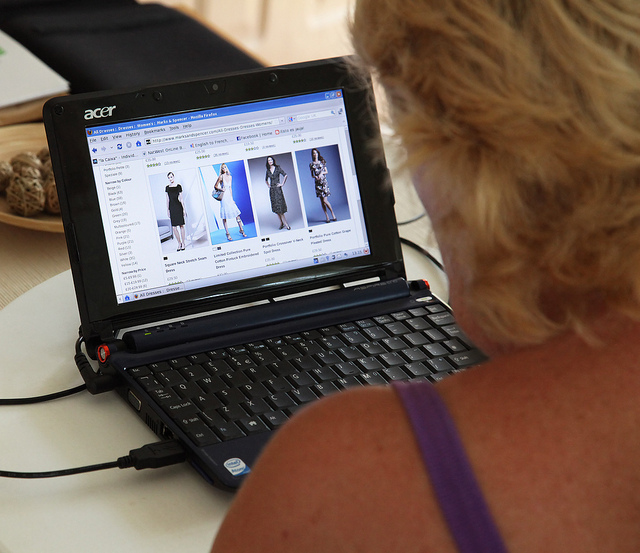As terminal emulation software and its applications are seen more and more as the cornerstone of IT success, there is an increasing demand for mobile mainframe solutions. With more businesses utilizing the mainframe for their competitive edge, it’s sensible to try and extend the benefits into the field. Mobile mainframe solutions are proving to be lucrative, whether that is taking account management and quotations to customer sites, mobile banking for customers or inventory control on the shop floor. With numerous obvious benefits, it’s a wonder that everybody hasn’t embraced the BYOD (bring your own device) opportunities that come with their mainframe?
Device Control and Maintenance
The large majority of mobile mainframe solutions rely upon separate plugins or apps or plugins that need to be maintained. This burden of this maintenance is intensified with mobile solutions as users are wanting to use their own devices, which the organisation probably has limited access to. There is also more chance that users will have several devices to maintain. This issue is not an impossible one to overcome and there are several solutions. The most effective of these solutions by far is to opt for one of the new server based pure HTML BYOD servers; these don’t require any plugins or apps on the mobile devices, meaning that only the server has to be maintained. This, therefore, reduces the maintenance burden. If this is not an option, then company policy could also play a big part. They could restrict mobile usage to approved company devices which can then easily be confiscated for maintenance, or have regular mutually agreed maintenance timetables.
Security
Security is always of concern when business information leaves the relative safety of the company walls. Security concerns are valid, but they shouldn’t prevent businesses from utilising the mainframe advantage in their field. Security risks can be drastically minimized or nullified using a number of methods. Choosing a solution without plugins or apps will definitely help to improve security. Businesses can quickly deal with any security concerns and update the server as and when they need to, ensuring that there aren’t any vulnerabilities from poorly maintained devices and reducing the potential threat target domain. There are also some more technically advanced safeguards, which include key fob pin devices, client security certification, aggressive time-outs and VPN access. These can be used to further increase security. All the good mobile mainframe providers should be able to help you implement these additional measures with their solutions. The final extra security method is again company policy. Make pin protection mandatory for all devices, have devices returned at the end of each shift if they’re not user owned, or restrict downloads. These measures will all help to improve security further.



